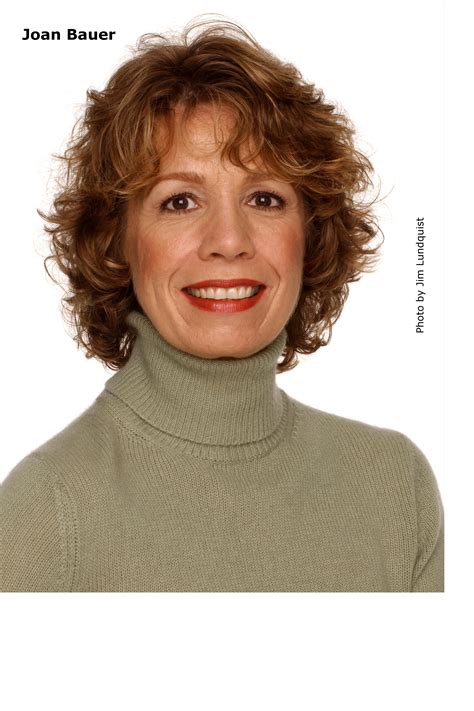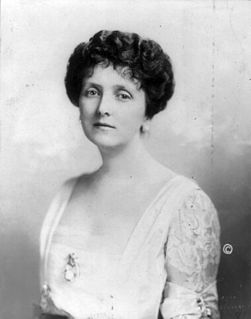A Quote by Nicole Krauss
I smiled back, the importance of manners, my mother always said, is inversely related to how inclined one is to use them, or, in other words, sometimes politeness is all that stands between oneself and madness.
Related Quotes
Sometimes we adopt certain beliefs when we're children and use them automatically when we become adults, without ever checking them out against reality. This brings to mind the story of the woman who always cut off the end of the turkey when she put it in the oven. Her daughter asked her why, and her mother responded, "I don't know. My mother always did it." Then she went and asked her mother, who said, "I don't know. My mother always did it." The she went and asked her grandmother, who said, "The oven wasn't big enough."
In the contemporary world, we think of politeness as surface behavior, like frosting - it's sweet and attractive and finishes off the cake. But 19th century nobility and the enlightened thinkers and stoics before them viewed manners in a very different way. To them, manners are an outward expression of an inward struggle.
One must always be careful of books,' said Tessa, 'and what is inside them, for words have the power to change us.' 'I'm not sure a book has ever changed me,' said Will. 'Well there is one volume that promises to teach one how to turn oneself into an entire flock of sheep-' 'Only the very weak minded refuse to be influenced by literature and poetry,' said Tessa, determined not to let him run wildly off with the conversation.
What's with the disco lights?" Michael said, rolling down the window between the driver's compartment and the back. Eve turned around, and her face brightened. "You like it? I thought it looked really cool. I saw it in a movie, you know, in a limo." "It's cool," Michael said, and smiled at her. She smiled back. "Can't wait to lie here and watch it with you." Claire said, "You don't have to wait; it's working now. Look--Oh. Never mind." She blushed, feeling stupid that she hadn't gotten that one in the first second. Eve winked at her.
Clichés are static, the emotion behind them long spent. If you are tempted to use them, here is a saying of my mother’s: Fang pi bu-cho, cho pi bu-fang. Basically that translates to: "Loud farts don’t stink, and the really smelly ones don’t make a sound." In other words: When you’re full of beans, you just blow a lot of hot air. If you want to have a real impact, be deadly but silent. Oh, also recognize the difference between a bad cliché and a good quotation. My mother’s saying is a good quotation. You should use it often.
Manners are made up of trivialities of deportment which can be easily learned if one does not happen to know them; manner is personality - the outward manifestation of one's innate character and attitude toward life.... Etiquette must, if it is to be of more than trifling use, include ethics as well as manners. Certainly what one is, is of far greater importance than what one appears to be.
When philosophers use a word--"knowledge," "being," "object," "I," "proposition," "name"--and try to grasp the essence of the thing, one must always ask oneself: is the word ever actually used in this way in the language-game which is its original home?--What we do is to bring words back from their metaphysical to their everyday use.
How can the unknown merit reverence? In other words how can you revere that of which you are ignorant? At the same time, it would be ridiculous to propose that what we know merits reverence. What we know merits any one of a number of things, but it stands to reason reverence isn't one of them. In other words, apart from the known and the unknown, what else is there?
Demetrius was wont to say that there was no difference between the words and speech of the unskilled and ignorant and the sounds and rumblings caused by the stomach being full of superfluous wind. This he said, not without reason, for, as he held, it did not in the least matter from what part of them the voice emanated, whether from the lower parts or the mouth, since the one and the other were of equal worth and importance.







































